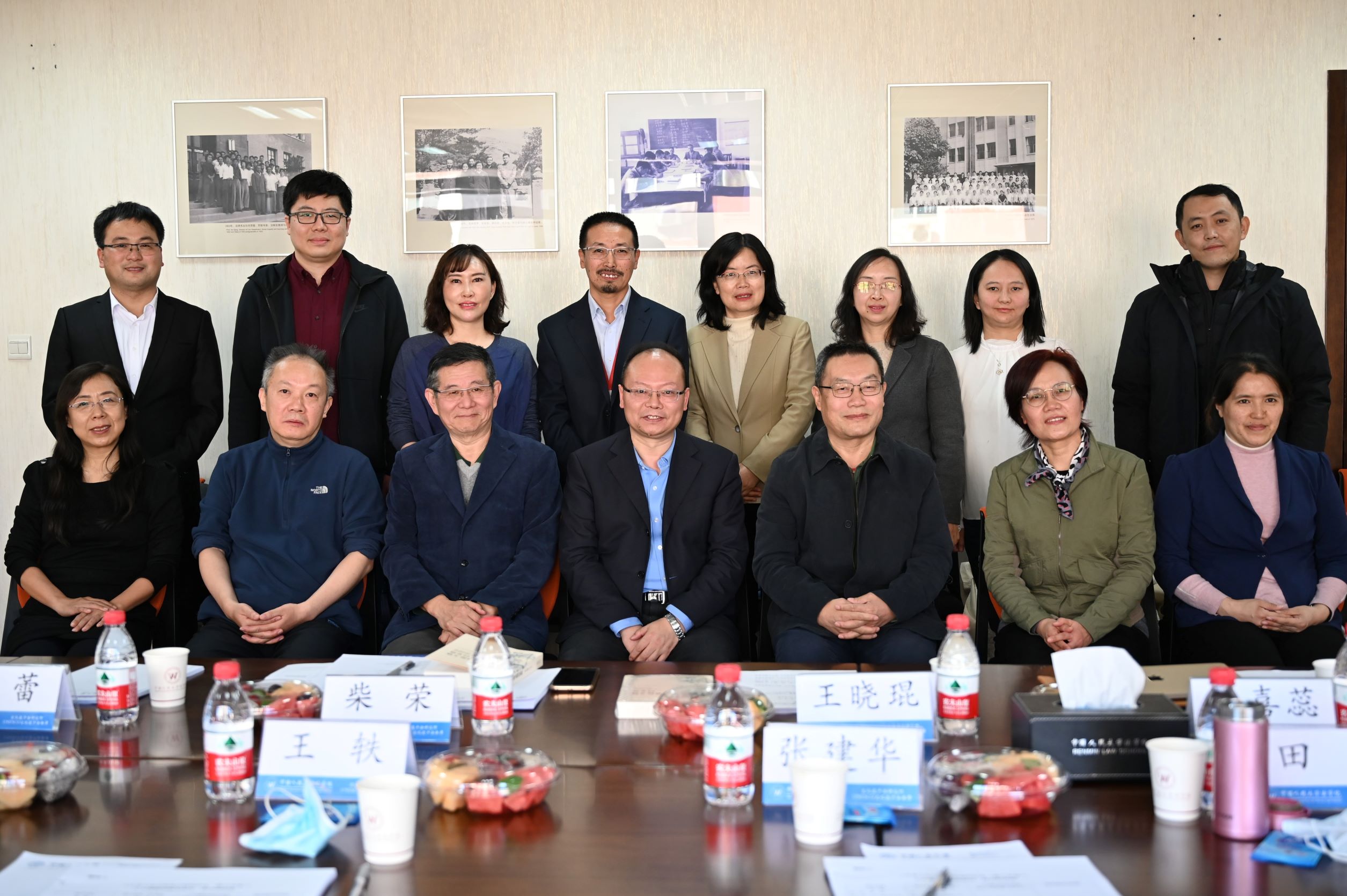The Seminar on revising the Law of the People's Republic of China on Cultural Relics Protection was held successfully
Date:2021/10/21 16:16:37
On October 20, 2021, the Seminar on The Revision of the Law on Cultural Relics Protection, sponsored by the Institute of Cultural Heritage Law of Renmin University of China and UNESCO Chair on cultural heritage law, was successfully held. More than 20 experts and scholars from Renmin University of China, Minzu University of China, Beijing Normal University, North China Electric Power University, and other universities, scientific research institutions and relevant legislative and administrative organs attended the meeting. The meeting was hosted by Professor Wang Yunxia, director of the Institute of CHL and holder of the Chair.
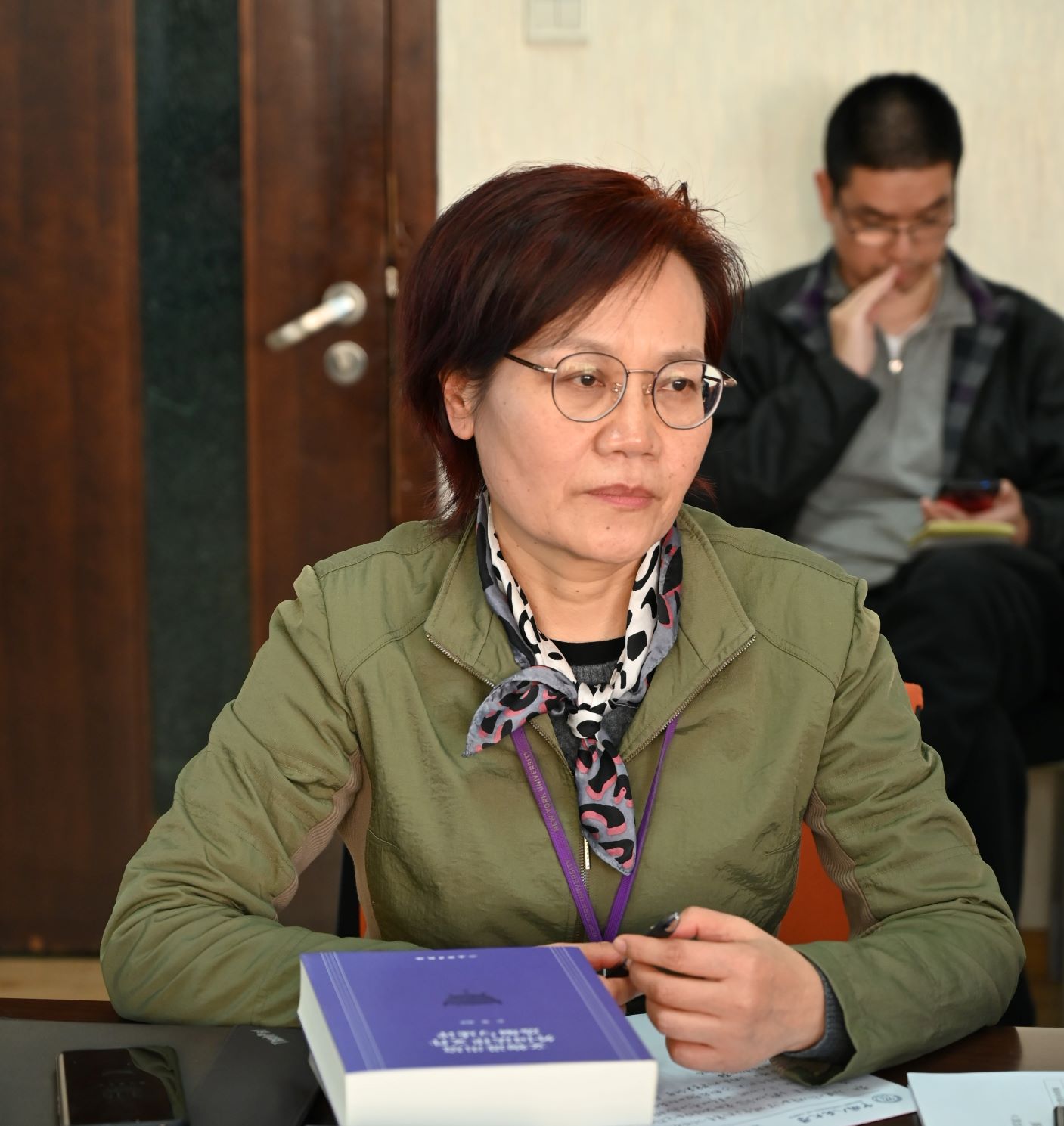
Professor Wang Yi, vice President of Renmin University of China, Dean of Law School, delivered a speech at the seminar. Professor Wang Yi pointed out that cultural relics have irreplaceable significance in inheriting historical culture and building cultural confidence. The current legislation of cultural relics not only needs to protect cultural relics, but also needs to make cultural relics "alive". Professor Wang Yi warmly welcomed the experts and scholars, and put forward expectations and requirements for the work of the Institute of CHL and the Chair.
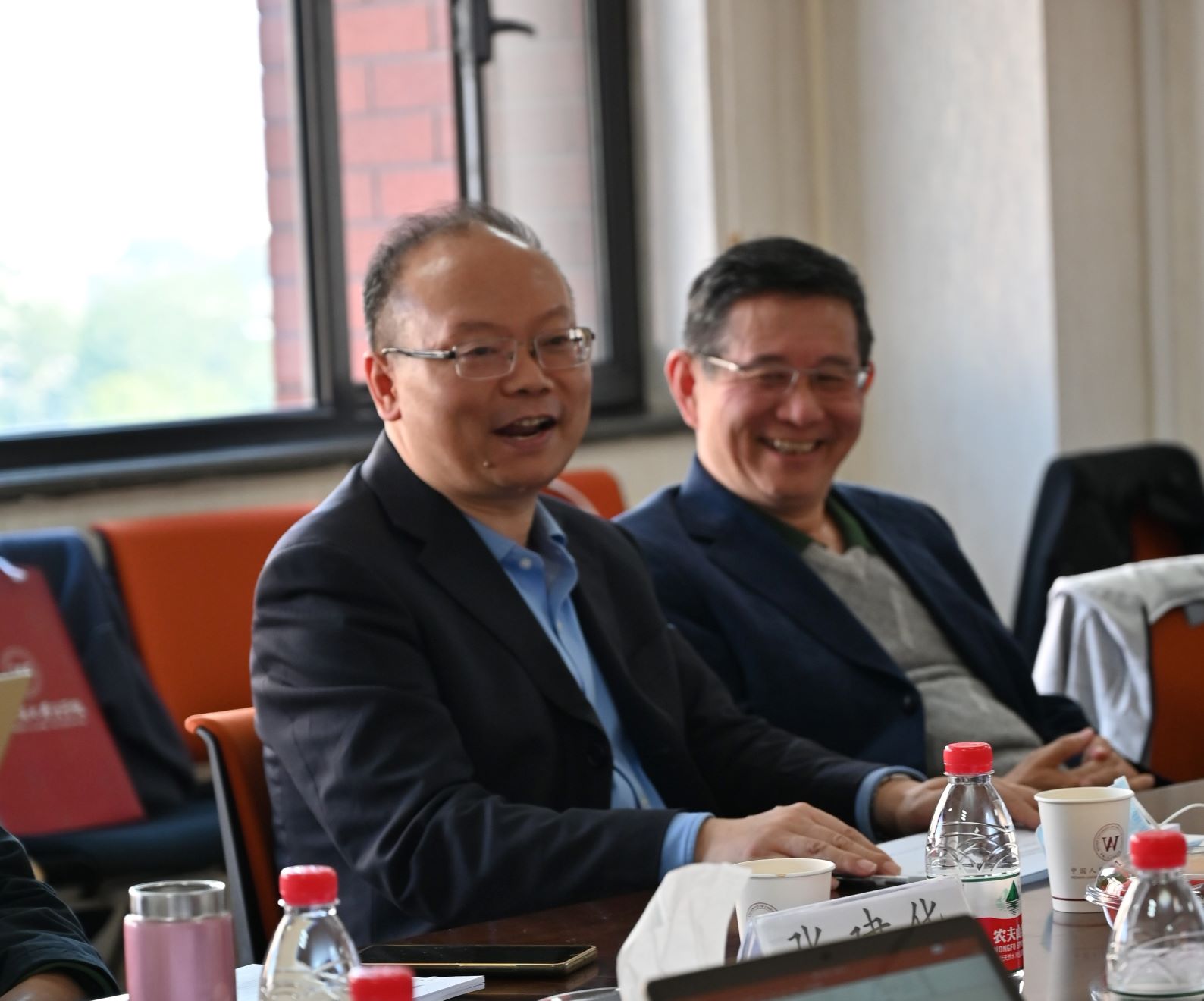
During keynote address, Professor Zhu Bing, Former Director of the Culture Room of the Committee on Education, Science, Culture and Health of the National People's Congress, made a report titled "A few thoughts on improving cultural relics protection law". He pointed out that the law should consummate the system associated with protection and utilization, to meet the needs of cultural relics administration supervision system in the new era. We should also improve relevant systems to implement President Xi's important instruction that "cultural relic protection must rely on science and technology", and further strengthen legal responsibility.
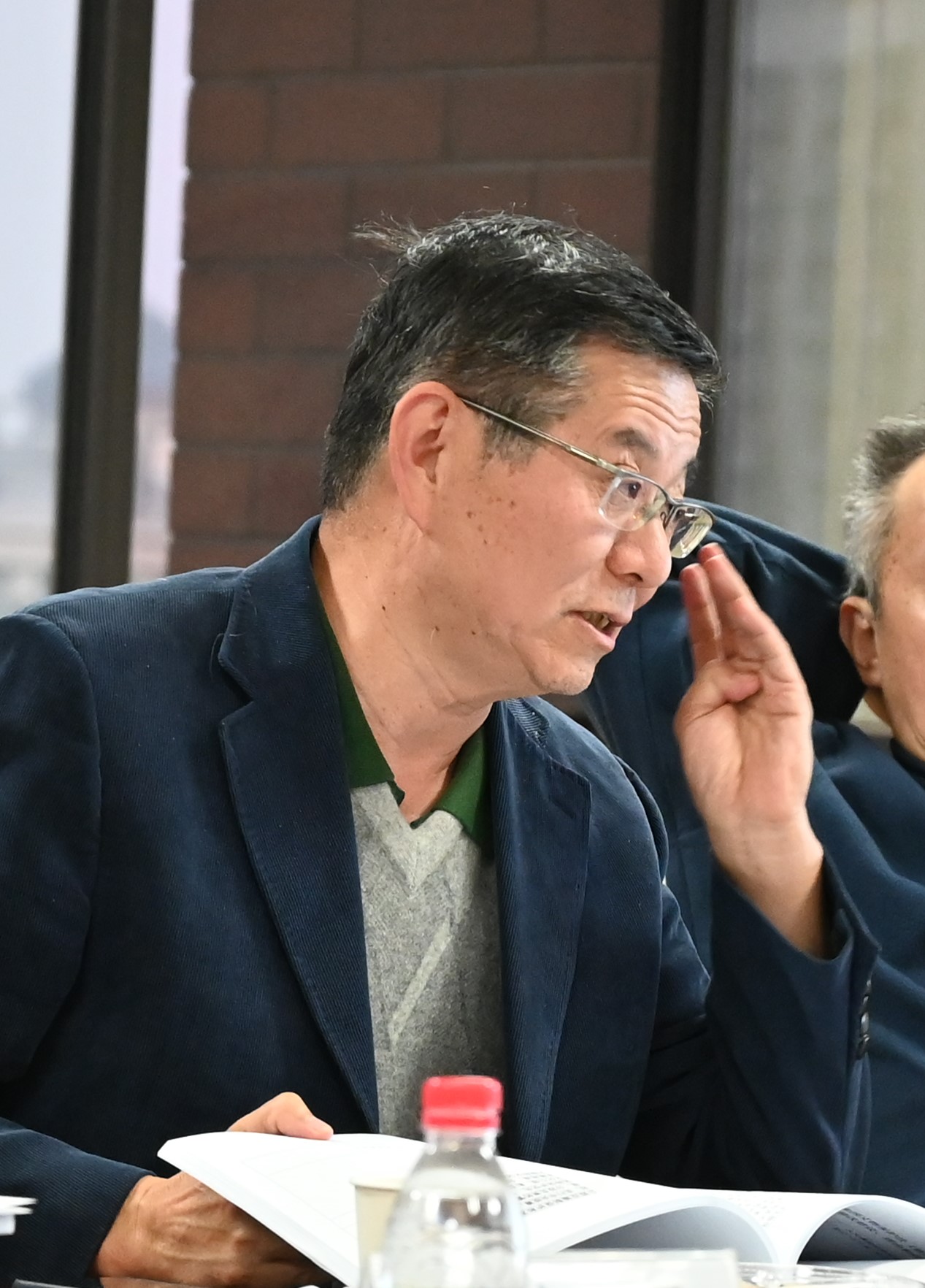
Mr. Zhang Jianhua, former director of Education, Science, Culture and Health Department of Legal Affairs Office of the State Council, made a speech entitled "the new start for the protection of cultural relics”. He addressed that in the new era, we need to vigorously promote our national cultural traditions through cultural relics protection law to achieve cultural confidence. The Cultural Relics Protection law need to be improved in terms of public participation, the use of scientific and technological means, and the improvement of the construction of cultural relics protection teams.

Mr. He Shuzhong, inspector of the Policy and Regulations Department of the National Cultural Heritage Administration, pointed out that the construction of cultural relics legal system needs to further improve the basic information of cultural relics. Legal subjects of cultural relics protection should be clarified. Also, we should balance the rights and obligations of the subject of cultural relics protection. In terms of legislative standardization, some basic concepts need to be more definite. The relationship between powers needs to be straightened out. The administrative licensing needs to be more maneuverable. At the present stage, the revision of the law especially needs to clarify the specific matters of cultural relics protection and clarify the powers of administrative organs. The law should rationally allocate powers and responsibilities, and pay attention to the boundaries between administration, academia and market, and reduce the waste of public resources for cultural relics protection.

Professor Tian Yan from Law School,Minzu University of China made a speech about the administrative law enforcement and supervision of cultural relics protection. She said that the law should first clarify the responsibilities of government departments in day-to-day management, and then specify how to conduct inspections if the government failed to fulfill its responsibilities. The Measures for Supervision and Administration of Cultural Relics Administrative Law Enforcement issued by the State Administration of Cultural Heritage was a relatively successful legal practice in the field of cultural relics supervision, which should be implemented in the law revision.
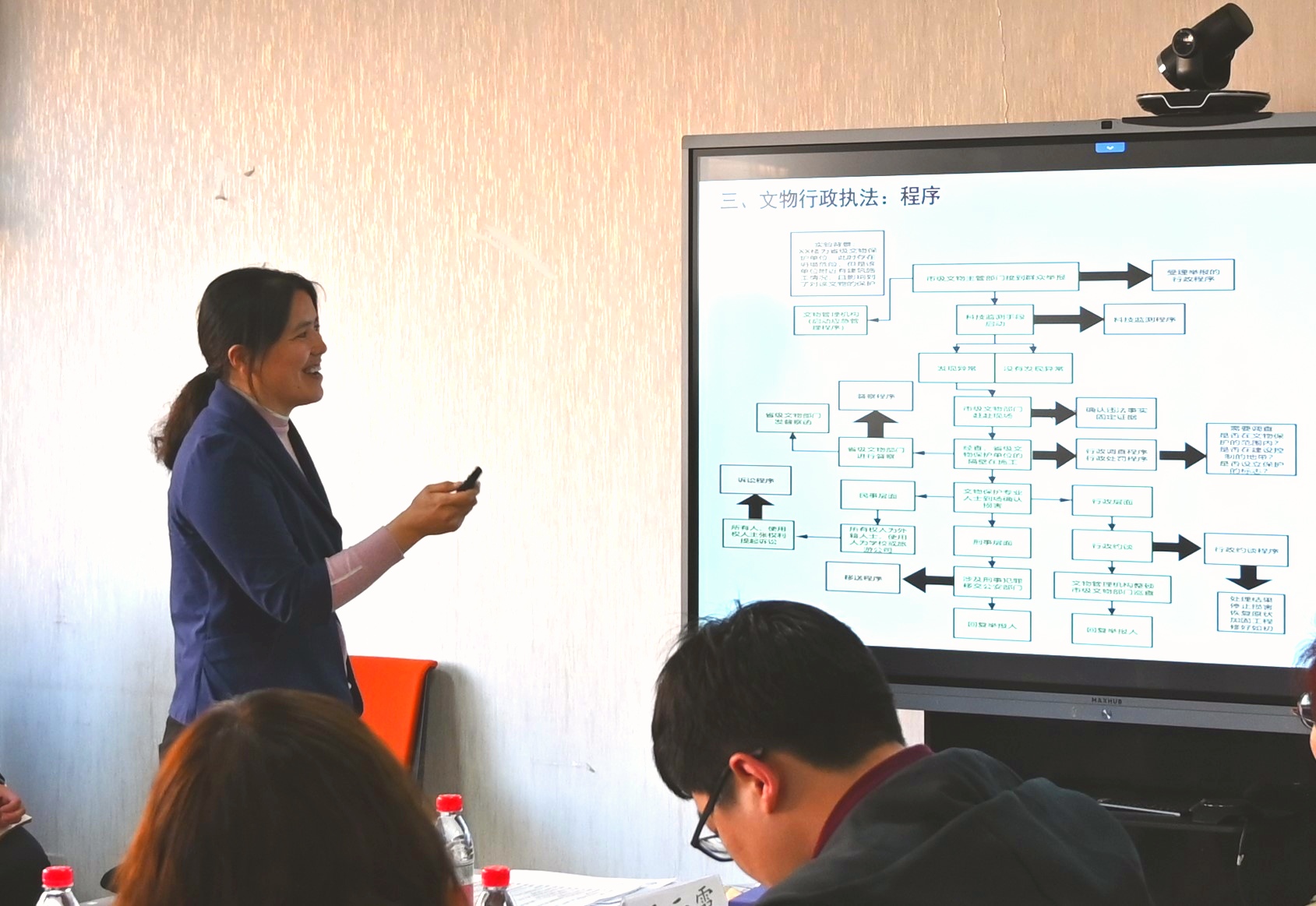
Wei Xiaoyang, professor from School of Cultural Industry Management, Communication University of China, introduced foreign cultural heritage protection systems from three aspects: the definition of cultural relics, the legislative model of cultural heritage, and the implementation of cultural heritage law. She introduced some legal systems such as the proposal and development of mixed heritage, cultural landscape and other concepts, centralized and integrated comprehensive legislative model. Some fund-raising models like trust and lottery fund, "1% expenditure" for cultural heritage protection may considered to be worthy of reference in China's cultural heritage legislation.

During the discussion, Professor Chai Rong from Law School of Beijing Normal University analyzed the legal basis, driving factors, composition of rights and obligations, content of rights and practical dilemmas of public participation in cultural heritage protection, and proposed improvement measures from the government, society and judicial levels. Peng Lei, researcher from China Cultural Relics Information Consulting Center, put forward suggestions on the identification and classification of cultural relics, the principle of authenticity and integrity, the relationship between cultural relics protection policy and legal principles, the connection between domestic law and international conventions, and the distribution of cultural relics supervision power. Wang Xiaokun, associate professor of School of History, Renmin University of China, sorted out laws and regulations related to archaeological excavations, and put forward suggestions on the pre-excavation and handover of archaeological relics. Zheng Yi, associate professor from the Law School,Minzu University of China, expounded the party's leadership in the revision of the law, the funding for cultural relics protection, the construction of cultural relics preservation team, the public interest litigation of cultural relics, and the security of overseas cultural relics exhibition. Li Xirui, associate professor from North China Electric Power University, expounded the issues that should be paid attention to in the field of copyright of cultural and creative products from the issues of copyright authorization, copyright ownership and reasonable use.
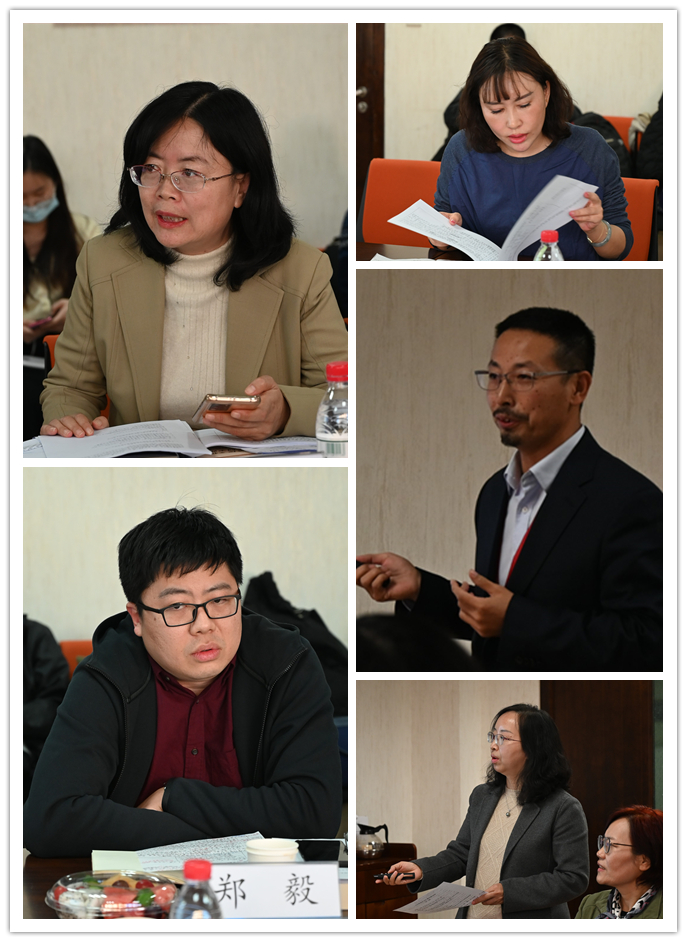
In the end, Professor Wang Yunxia summarized the achievements of the seminar and expressed her thanks to all the experts and scholars for their valuable views and suggestions.
